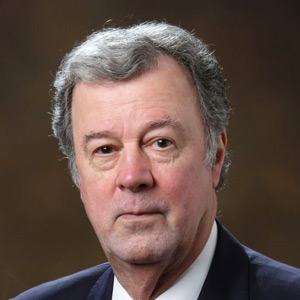Uber is completely revolutionizing the market for urban transportation. Could a similar revolution occur in other fields, including the market for medical care? That’s what University of Chicago economist John Cochrane wondered the other day. But we no longer have to speculate. Uber medicine has already arrived.
There are a number of firms that will bring a doctor to your doorstep at the flick of a cell phone app, including Doctors Making House Calls (North Carolina), Pager (New York City), Heal (Los Angeles) and Medicast (Seattle).
Insurance rarely pays for the service. Like so many other innovations in meeting the medical needs of patients (walk-in clinics, telephone consultations, etc.) these firms cater to patients who pay with their own money.
Take Sarah Sheehan, a Brooklyn resident who was reeling from a painful earache one weekend. Her conventional choices were to endure the hassles and long waits at a hospital emergency room or to wait until Monday morning and take a 45 minute subway ride to reach a doctor’s office. Pager offered her a better option: let the doctor come to her.











